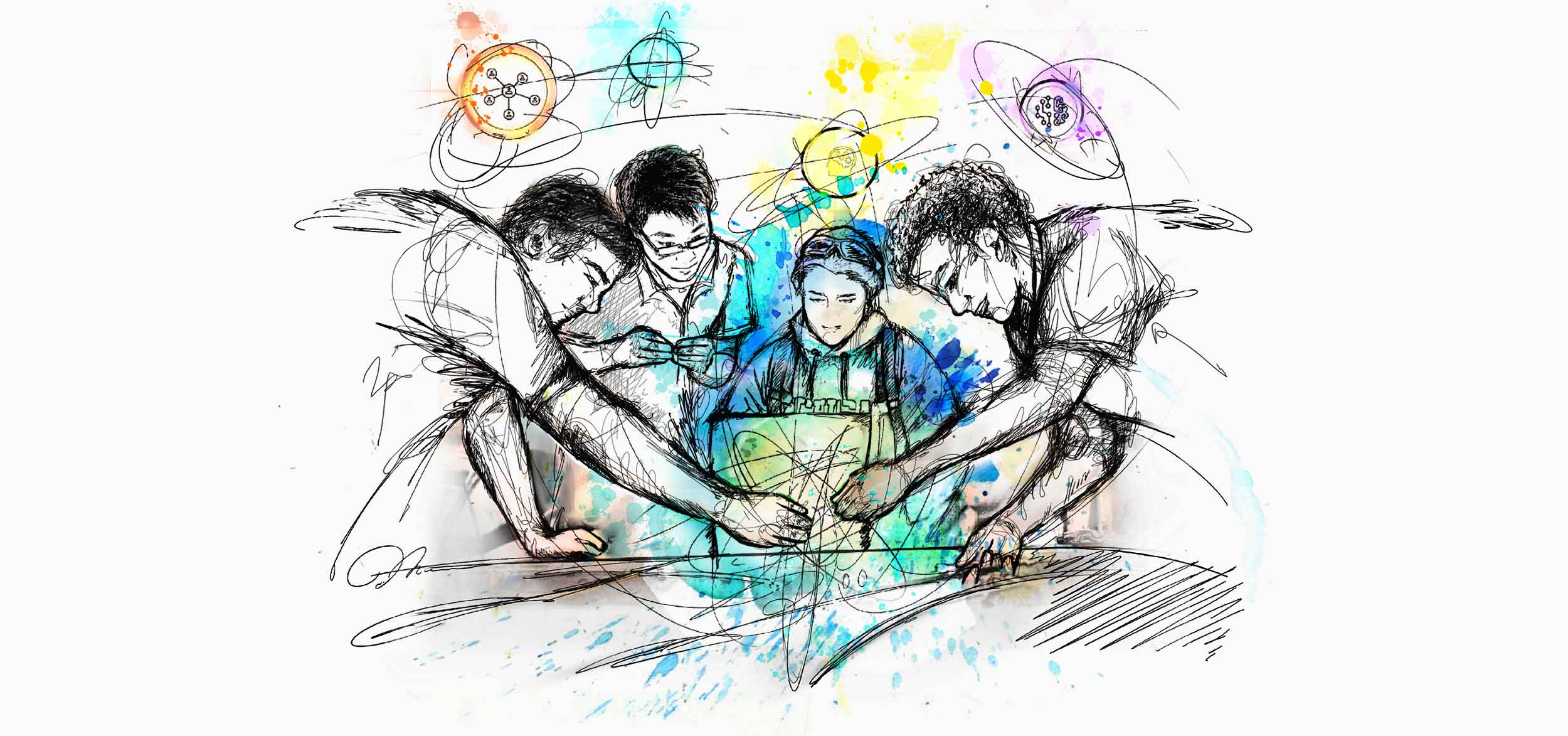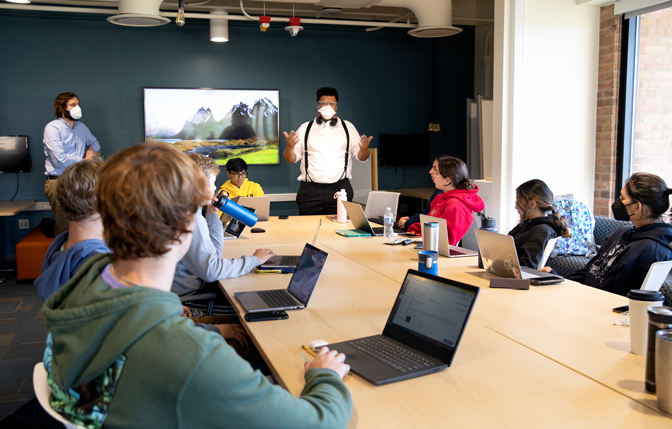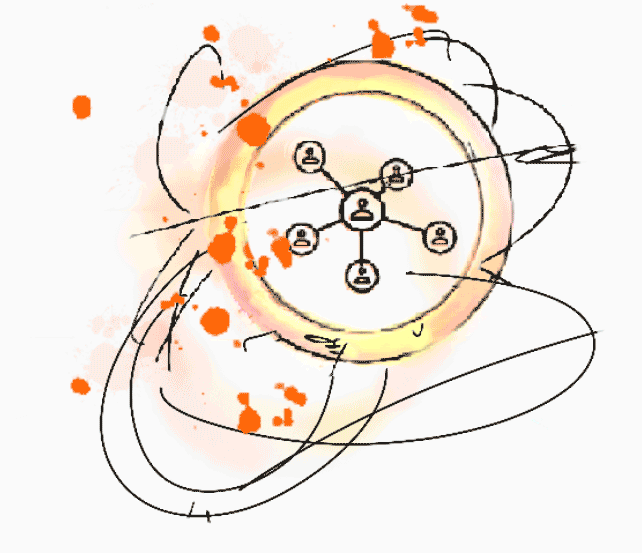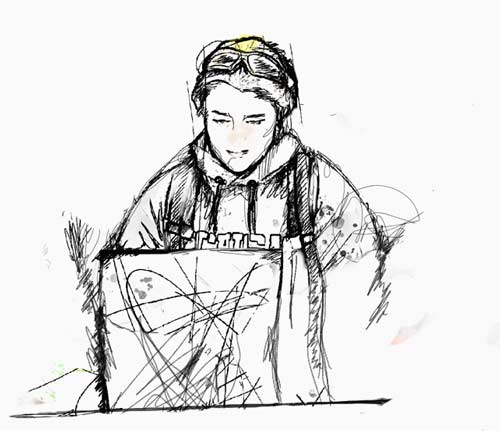
Engineering education
U-M engineering students learn how to affect societal change by designing individualized experiential learning trajectories.
Michigan Engineering’s experiential learning framework customizes education to help students thrive as technologists with a deep understanding of how their work impacts society. This requires developing competencies like communication, empathy, leadership and other “soft skills” that are as challenging to master as any technical coursework.

In the realm of higher education, experiential learning is not a new concept. But in practice, scaling those experiences into a comprehensive and consistent structure has proved challenging, especially at large institutions such as the University of Michigan.
To overcome this, Michigan Engineering designed its experiential learning framework to integrate with a student’s entire academic career.
“Ultimately, we believe this approach will help all of our students gain skills that are critical to advancing in their future careers,” said Kevin Pipe, associate dean for undergraduate education, whose office launched the framework in fall 2021.

Students are introduced to Spire, an online platform developed in partnership with U-M’s Center for Academic Innovation, allowing them to prioritize and identify at least three core competencies. They then work to strengthen those skills through four phases of experiential learning: exploration, engagement, reflection and communication.
The competencies students are expected to learn were vetted with the Accreditation Body for Engineering and Technology, and Michigan Engineering developed programming to ensure students have a personalized experience that incorporates reflection.
